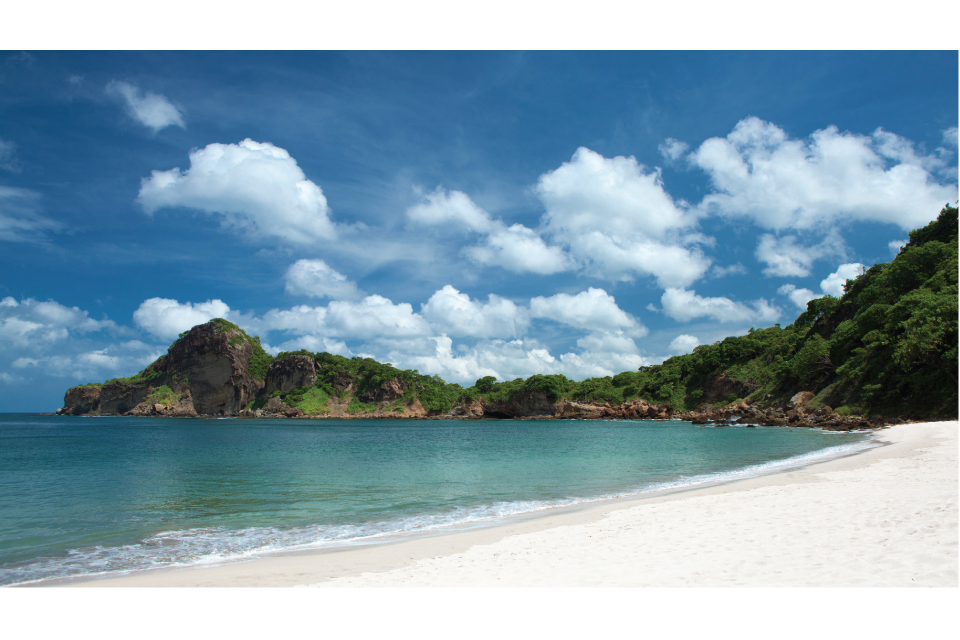See the World, Save the Planet

Socially responsible ecotourism is fitting for globetrotters, holidaymakers, and anyone who is looking for an authentic alternative to mass tourism. Eco-travel companies generally specialize in small, customizable trips to destination gems often hidden in corners of maps less traveled.
Defined by The Nature Conservancy website, “Ecotourism is distinguished by its emphasis on conservation, education, traveler responsibility, and active community participation.” Companies such as Lost World Adventures and Natoura Travel and Adventure Tours aim to bring a positive experience for locals and tourists by supporting locally owned hotels and lodges that engage in environmentally friendly practices and using local tour guides to give travelers a true insider’s perspective. A portion of a sustainable-savvy company’s profits will generally go back to the community by way of supporting indigenous rights campaigns and nonprofit organizations that protect the environment of the areas traveled. For example: Profits from the Huaorani Ecolodge—a sustainable accommodation option in the Amazon Rainforest—go directly back to funding education initiatives and health care costs for the Huaorani community. Llama Expeditions, specializing in trips to Peru, gives travelers the opportunity to interact with nonprofit and grassroots organizations as part of their itinerary. Travelers who choose an eco-friendly vacation have the opportunity to make a lasting impact on local communities.
Ecotourism is more than just “taking only pictures and leaving only footprints.” Ecotravelers are conscientious about being a part of their destination and engaging with locals. Travelers can chose adventures that include walking tours filled with culture and history as well as more challenging treks, kayaking, and rappelling. Those wishing to diverge from the beaten path of the casual vacationer can immerse in a native lifestyle like that of the Huaorani, one of the most isolated indigenous groups on earth. Tourists can learn from a bilingual naturalist guide, study medicinal plants and tropical forest ecology, or learn how to face paint from local Achuarian people. For a more Darwinian experience, they can explore the waters around the Galapagos Islands via kayak and snorkel, hike to Sierra Negra Volcano to explore the second largest caldera in the world, and say hello to penguins and blue-footed boobies.
Up for a challenge? Traveling sustainably doesn’t mean shying away from adventure. Fitness and endurance challenges are often at the heart of ecotourism itineraries. Adventurers can embark on a 45-kilometer mountainous jungle hike that leads to Peru's "Lost City" and one of the new Wonders of the World, Machu Picchu. Or they may decide to zipline, climb, and mountain bike their way through the Andean Forest. Natural Habitat Expeditions touts a 16-day trip that includes ten days of kayaking the remote fjords of Eastern Greenland. During breaks, kayakers will commune with various Inuit communities, learning about the challenges of keeping traditions alive in the modern world.
An ecotourism vacation allows travelers to embark on a life-changing journey ripe with cultural interactions and physical activity. Organizations such as Conservation International, The Rainforest Alliance, and The International Ecotourism Society are great starting points for travel resources. Wherever your journey may lead, traveling with sustainability in mind ensures the opportunity of a similar experience for a future generation of ecotravelers.






